Rubinstein-Taybi Syndrome - GeneReviews® - NCBI Bookshelf
Por um escritor misterioso
Last updated 15 abril 2025

Rubinstein-Taybi syndrome (RSTS) is characterized by distinctive facial features, broad and often angulated thumbs and halluces, short stature, and moderate-to-severe intellectual disability. Characteristic craniofacial features include downslanted palpebral fissures, low-hanging columella, high palate, grimacing smile, and talon cusps. Prenatal growth is often normal, then height, weight, and head circumference percentiles rapidly drop in the first few months of life. Short stature is typical in adulthood. Obesity may develop in childhood or adolescence. Average IQ ranges between 35 and 50; however, developmental outcome varies considerably. Some individuals with EP300-related RSTS have normal intellect. Additional features include ocular abnormalities, hearing loss, respiratory difficulties, congenital heart defects, renal abnormalities, cryptorchidism, feeding problems, recurrent infections, and severe constipation.

PDF) Hirschsprung's disease: clinical dysmorphology, genes, micro-RNAs, and future perspectives

Kabuki Syndrome 1 disease: Malacards - Research Articles, Drugs, Genes, Clinical Trials

Mutations in SRCAP, Encoding SNF2-Related CREBBP Activator Protein, Cause Floating-Harbor Syndrome - ScienceDirect
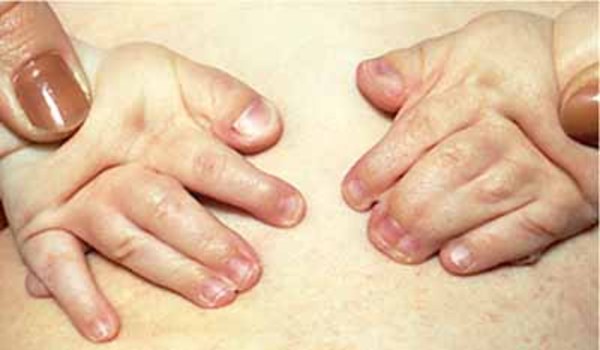
Rubinstein-Taybi syndrome: MedlinePlus Genetics
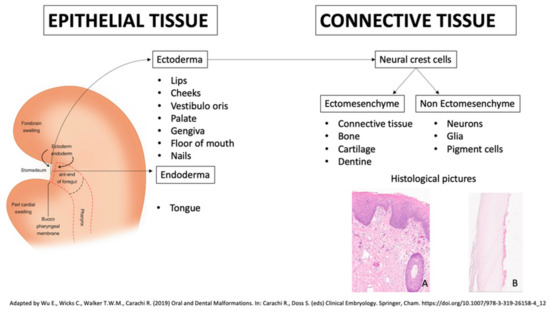
JCM, Free Full-Text

PDF) An unusual presentation of Rubinstein-Taybi Syndrome with bilateral postaxial polydactyly
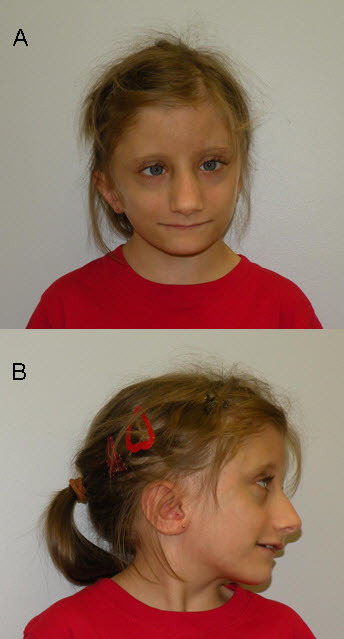
Figure 1. [Facial appearance of a girl age 11 years with FHS (SRCAP pathogenic variant p.Arg2444Ter)]. - GeneReviews® - NCBI Bookshelf
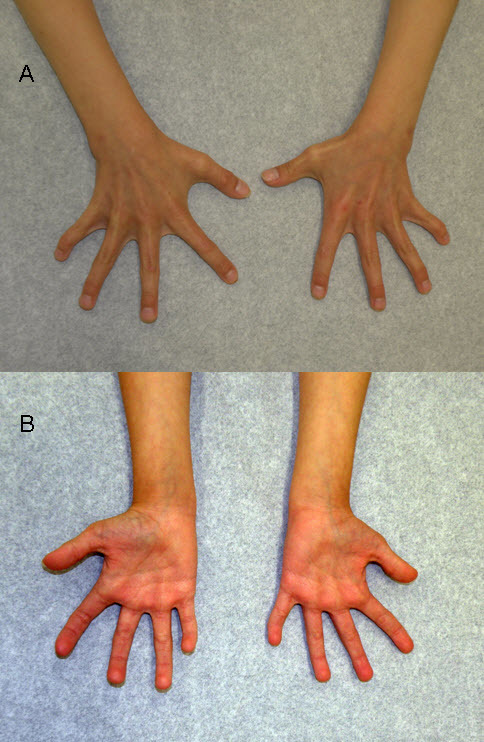
Figure 2. [Dorsal (A) and palmar (B)]. - GeneReviews® - NCBI Bookshelf

Rubinstein–Taybi syndrome in diverse populations - Tekendo‐Ngongang - 2020 - American Journal of Medical Genetics Part A - Wiley Online Library
Recomendado para você
-
 Robinow Syndrome: Most Up-to-Date Encyclopedia, News & Reviews15 abril 2025
Robinow Syndrome: Most Up-to-Date Encyclopedia, News & Reviews15 abril 2025 -
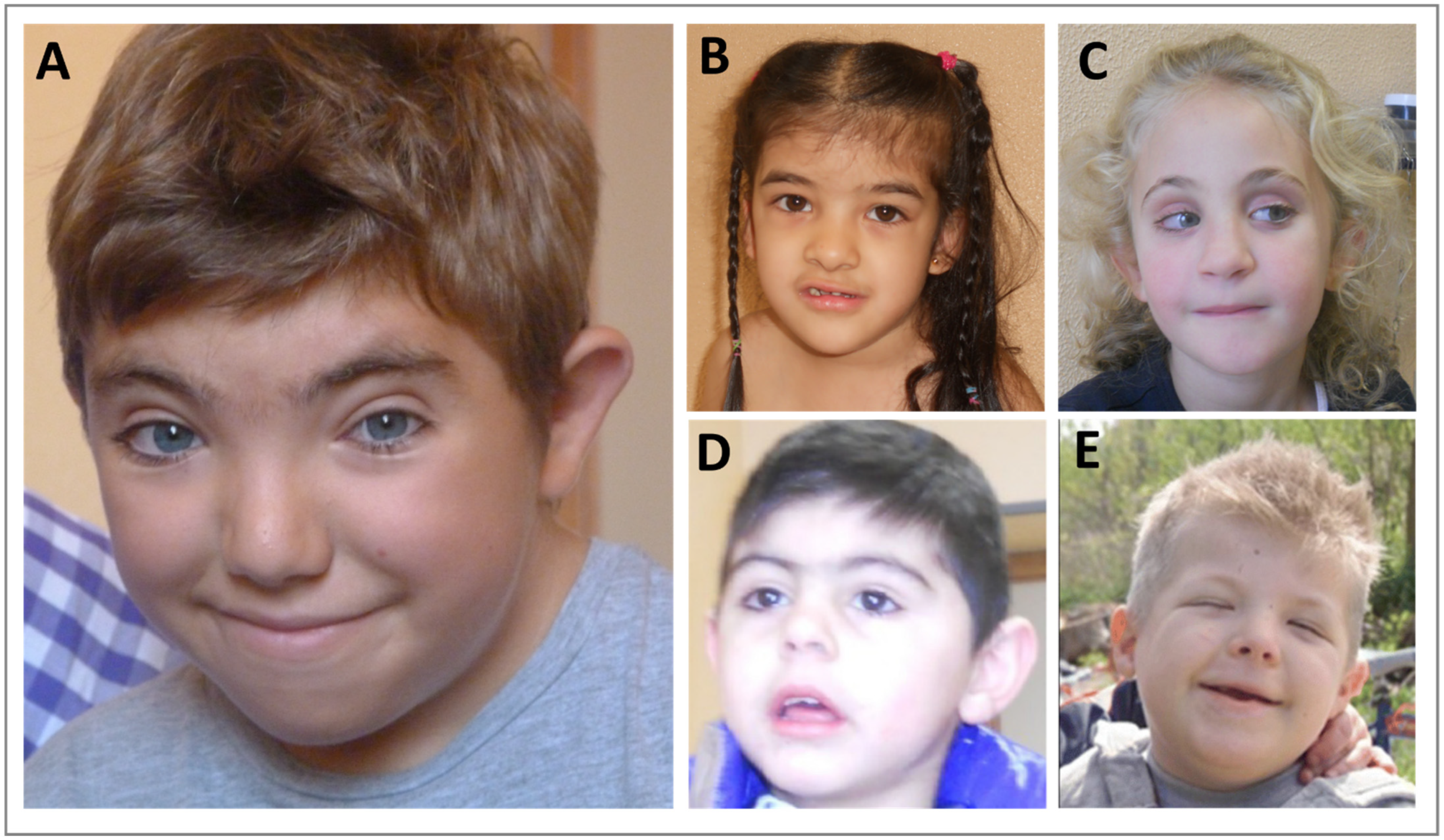 Genes, Free Full-Text15 abril 2025
Genes, Free Full-Text15 abril 2025 -
 Extending the clinical and genetic spectrum of ARID2 related intellectual disability. A case series of 7 patients - ScienceDirect15 abril 2025
Extending the clinical and genetic spectrum of ARID2 related intellectual disability. A case series of 7 patients - ScienceDirect15 abril 2025 -
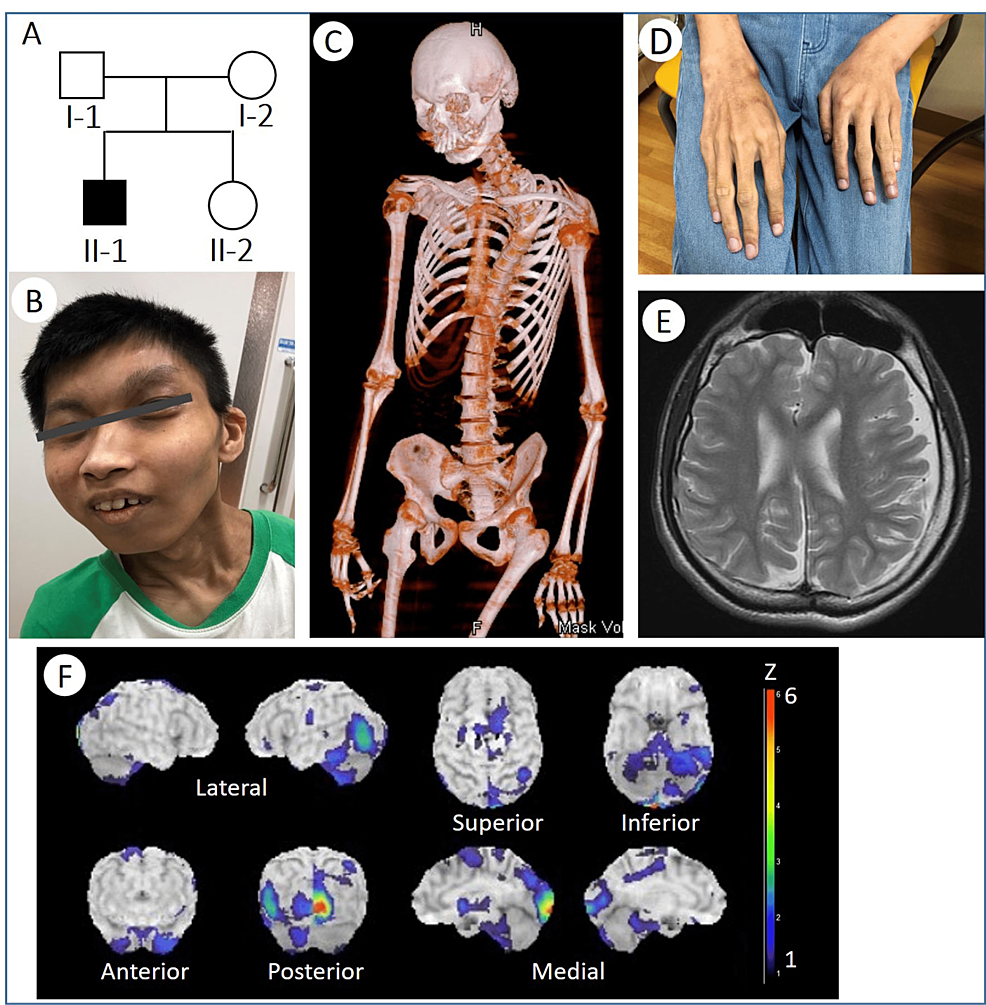 Cureus, Whole-Exome Sequencing Identified a Novel DYRK1A Variant in a Patient With Intellectual Developmental Disorder, Autosomal Dominant 715 abril 2025
Cureus, Whole-Exome Sequencing Identified a Novel DYRK1A Variant in a Patient With Intellectual Developmental Disorder, Autosomal Dominant 715 abril 2025 -
 PDF) The behavioral phenotype of Rubinstein–Taybi syndrome: A scoping review of the literature15 abril 2025
PDF) The behavioral phenotype of Rubinstein–Taybi syndrome: A scoping review of the literature15 abril 2025 -
 Full article: Psychomotor, cognitive, and socio-emotional developmental profiles of children with Rubinstein-Taybi Syndrome and a severe intellectual disability15 abril 2025
Full article: Psychomotor, cognitive, and socio-emotional developmental profiles of children with Rubinstein-Taybi Syndrome and a severe intellectual disability15 abril 2025 -
 Expanding the phenotype associated to KMT2A variants: overlapping clinical signs between Wiedemann–Steiner and Rubinstein–Taybi syndromes15 abril 2025
Expanding the phenotype associated to KMT2A variants: overlapping clinical signs between Wiedemann–Steiner and Rubinstein–Taybi syndromes15 abril 2025 -
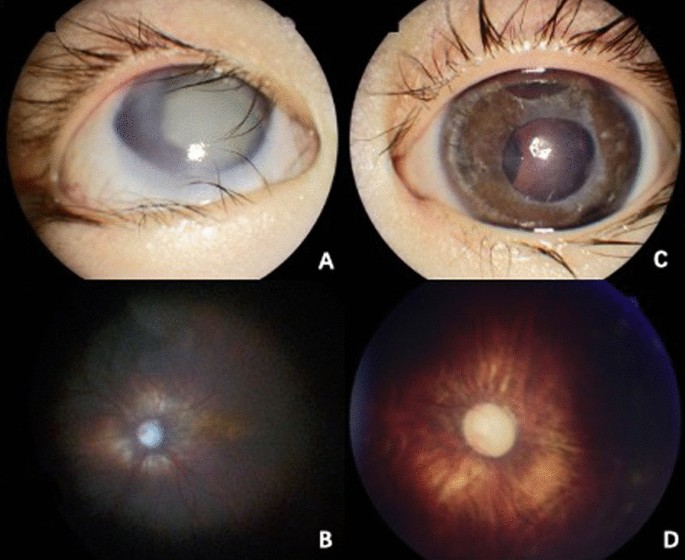 A novel CREBBP mutation and its phenotype in a case of Rubinstein15 abril 2025
A novel CREBBP mutation and its phenotype in a case of Rubinstein15 abril 2025 -
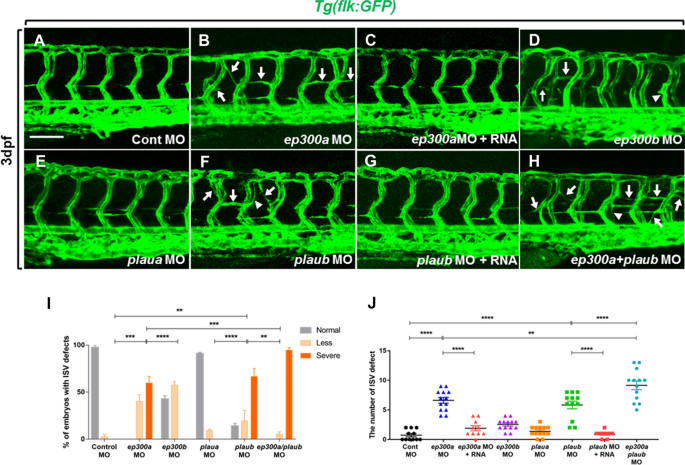 Identification of de novo EP300 and PLAU variants in a patient with Rubinstein–Taybi syndrome-related arterial vasculopathy and skeletal anomaly15 abril 2025
Identification of de novo EP300 and PLAU variants in a patient with Rubinstein–Taybi syndrome-related arterial vasculopathy and skeletal anomaly15 abril 2025 -
 PDF) Identification of de novo EP300 and PLAU variants in a patient with Rubinstein–Taybi syndrome-related arterial vasculopathy and skeletal anomaly15 abril 2025
PDF) Identification of de novo EP300 and PLAU variants in a patient with Rubinstein–Taybi syndrome-related arterial vasculopathy and skeletal anomaly15 abril 2025
você pode gostar
-
 FromSoftware made Elden Ring and Armored Core 6 with a staff of15 abril 2025
FromSoftware made Elden Ring and Armored Core 6 with a staff of15 abril 2025 -
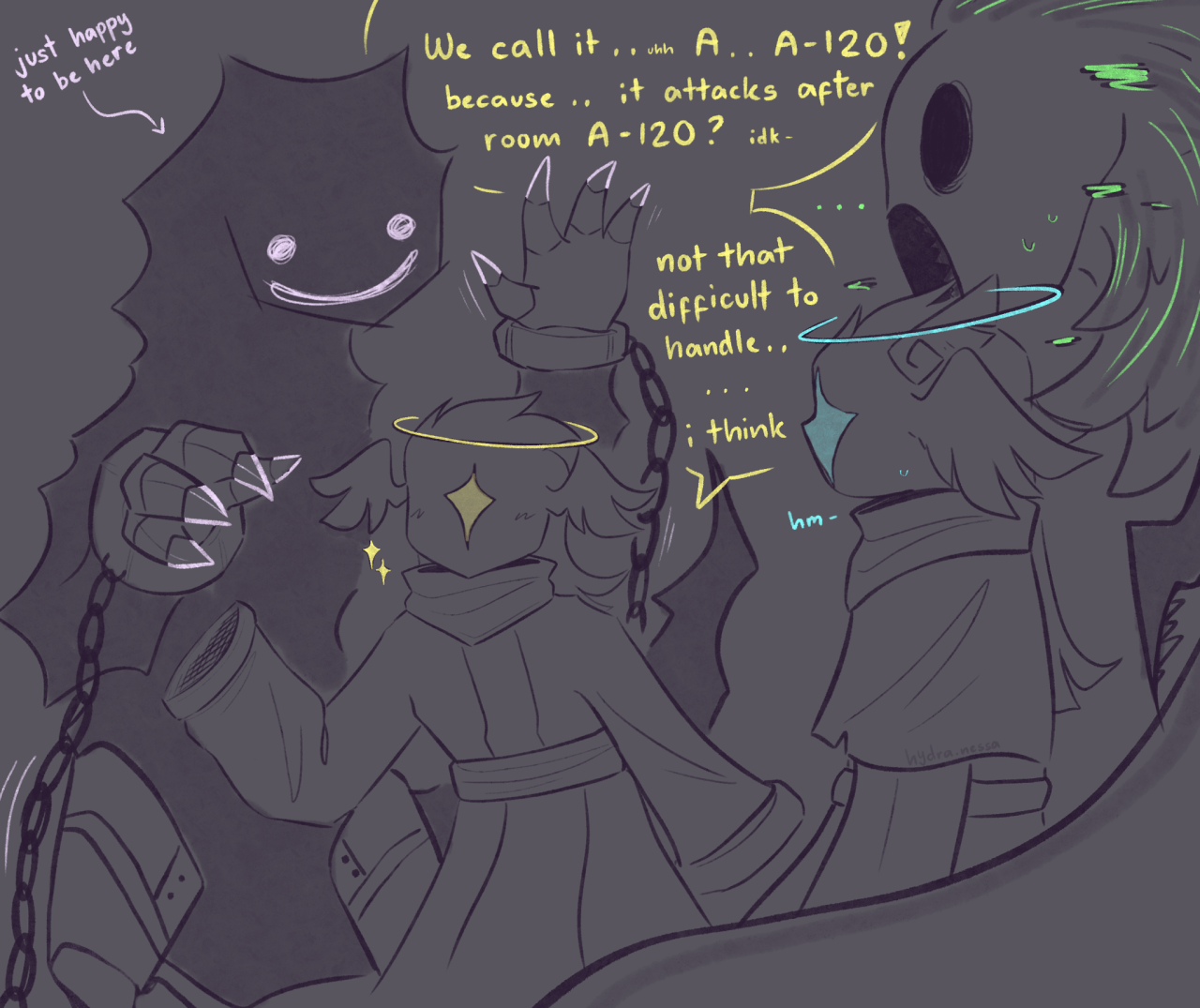 chomps you* — who allowed them to name things ambush n A-120 are15 abril 2025
chomps you* — who allowed them to name things ambush n A-120 are15 abril 2025 -
 Oregon DMV Cheat Sheet & Online Practice Test Bundle15 abril 2025
Oregon DMV Cheat Sheet & Online Practice Test Bundle15 abril 2025 -
 Mega FORT 25 - 28 - 32 tipper semi-trailer for sale Poland Nysa, GU1783715 abril 2025
Mega FORT 25 - 28 - 32 tipper semi-trailer for sale Poland Nysa, GU1783715 abril 2025 -
Naruto (dublado) Ep 26, Naruto (dublado) Ep 2615 abril 2025
-
 The Week in Chess 143315 abril 2025
The Week in Chess 143315 abril 2025 -
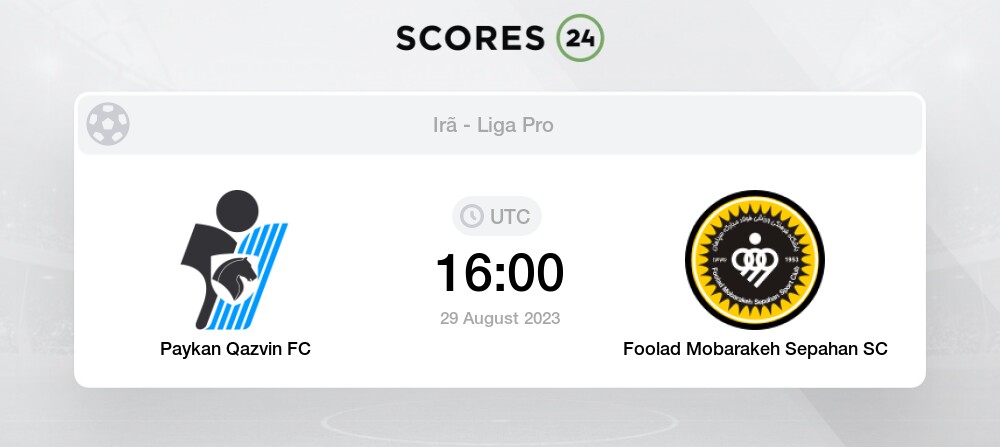 Paykan Qazvin FC vs Foolad Mobarakeh Sepahan SC Palpites em hoje15 abril 2025
Paykan Qazvin FC vs Foolad Mobarakeh Sepahan SC Palpites em hoje15 abril 2025 -
 Superman Black Suit Henry Cavill Justice League Snyder Cut 4K15 abril 2025
Superman Black Suit Henry Cavill Justice League Snyder Cut 4K15 abril 2025 -
 Millwall FC - Millwall's 2023/24 pre-season schedule confirmed : r/Millwall15 abril 2025
Millwall FC - Millwall's 2023/24 pre-season schedule confirmed : r/Millwall15 abril 2025 -
 Anime Dimensions Simulator Script, HACK15 abril 2025
Anime Dimensions Simulator Script, HACK15 abril 2025
